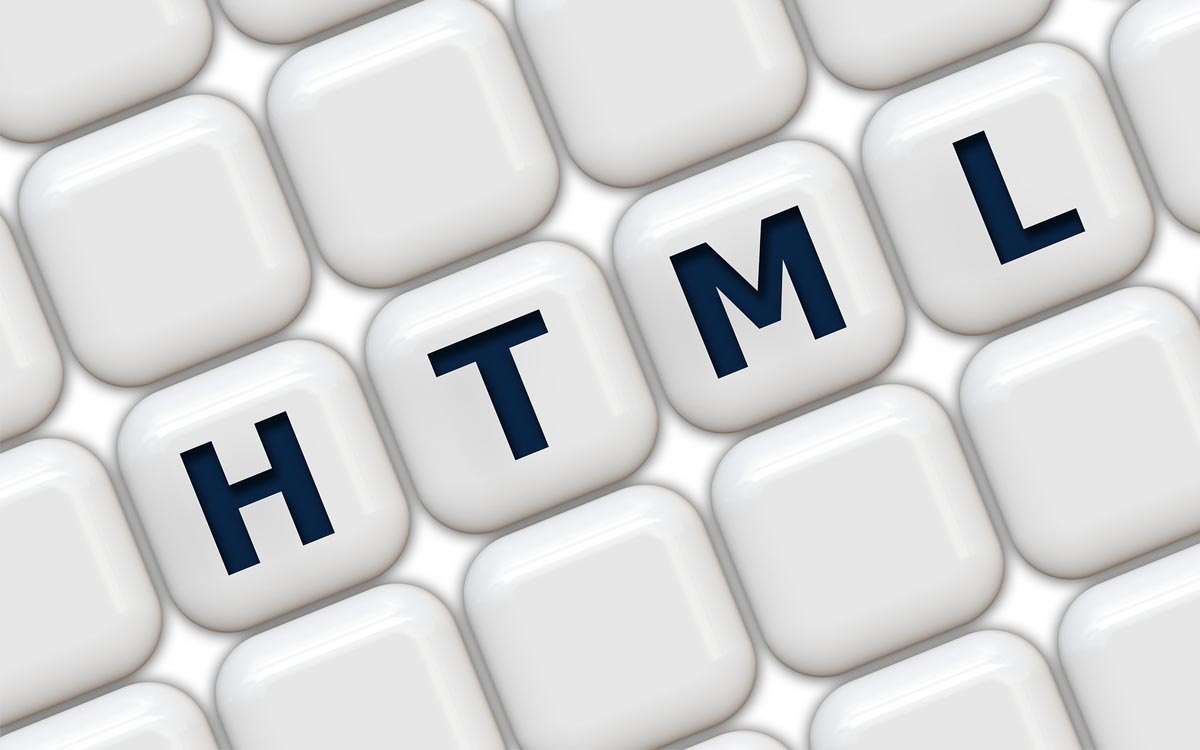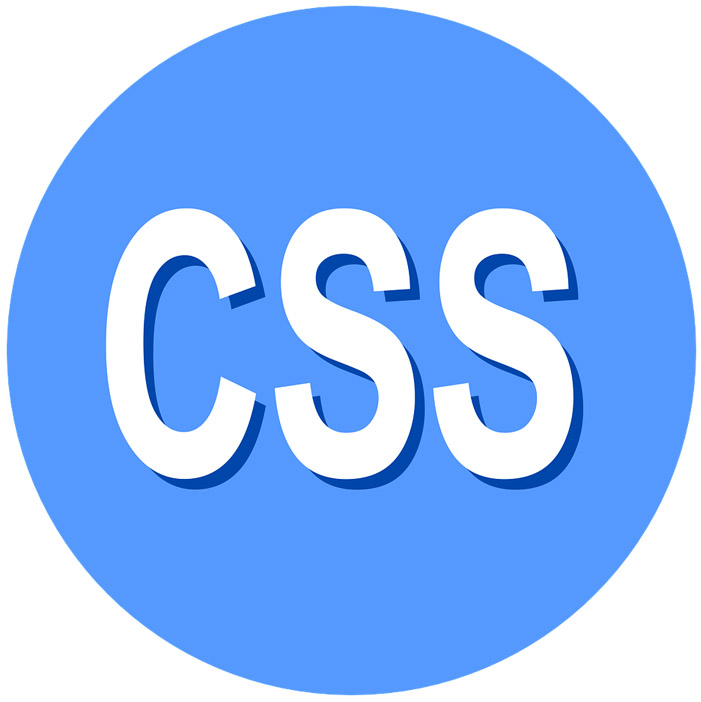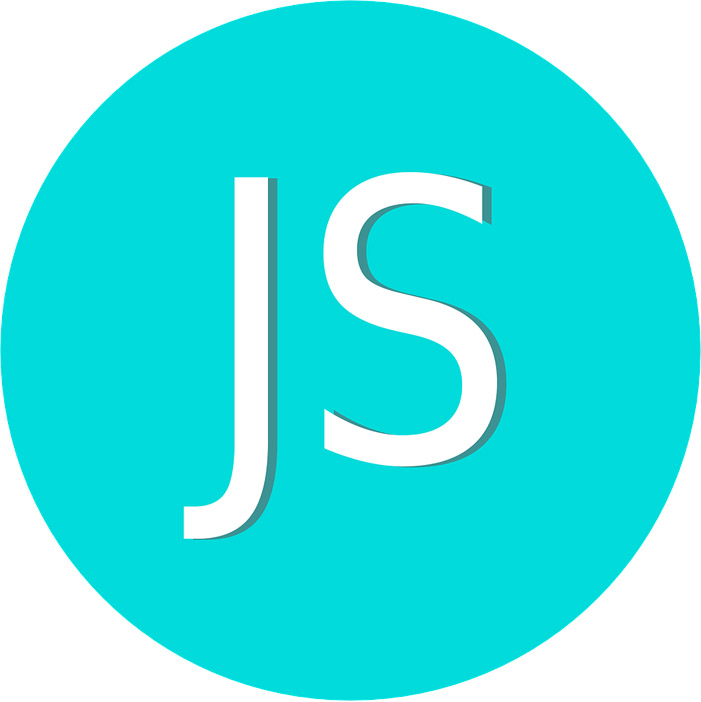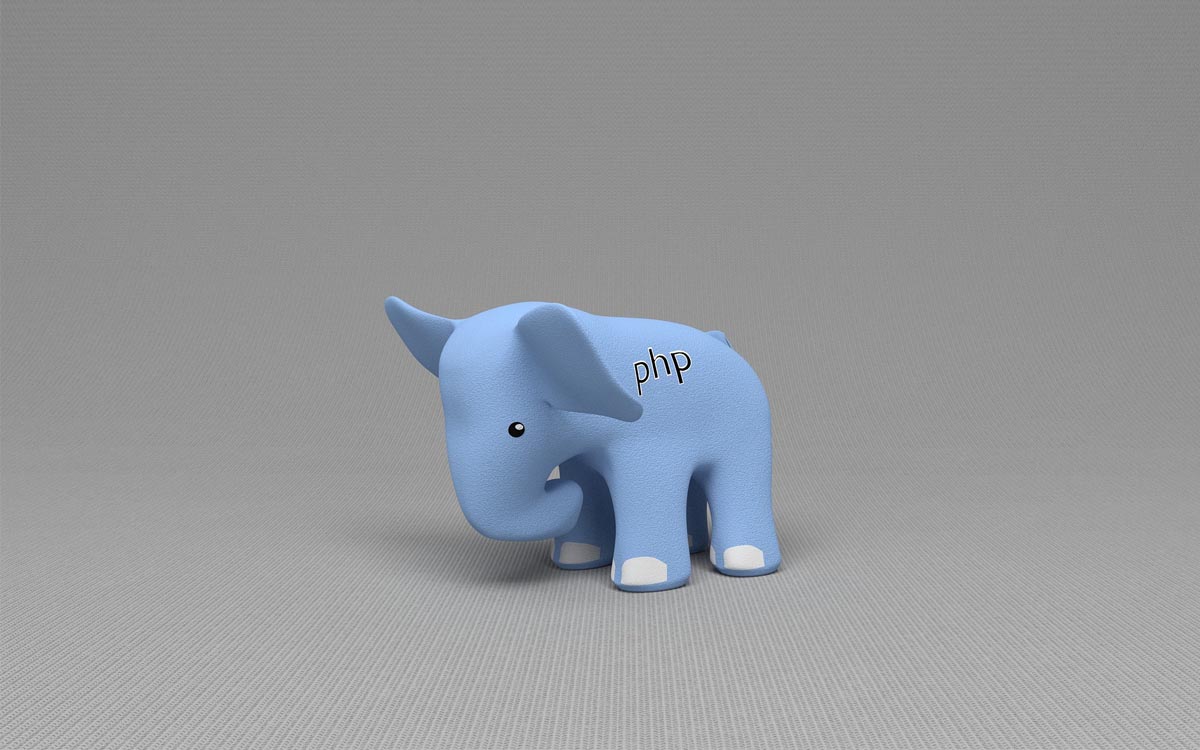Top 6 Technical Job Skills for a Web Designer and Developer
Good News
The web design / development industry is a growing professional that is attractive for a number of reasons. With so many companies and organizations depending on their online presence these days, the people who design, develop, and manage their websites are in high demand - a trend that is unlikely to change anytime soon!

Whether you are just starting out as a web designer or web developer or are looking to change careers and become a web professional, there are some key skills that you need if you hope to be successful in this industry. The following list of skills, both technical and otherwise, represent some of these key areas of knowledge that you should work to add to your repertoire as you begin down the path to become a website designer.
01| HTML

HTML skills have been a critically important part of the web designer's toolbox since the very start of this profession. For many, this markup language is their entryway into the world of web design.
You might not have imagined that a web designer would need to code. But, nowadays, it’s an expected skill for most design jobs. And, hey, it’s a pretty easy way to get your tech on and actually build websites from scratch! HTML stands for HyperText Markup Language, which is the coding language used to put content on a web page and give it structure. That means it’s how you turn a bunch of words into headlines, paragraphs, and footers. And it’s also how you get the “cool” content like photos, videos, and graphics on a website.
02| CSS

And then there’s HTML’s partner, CSS or Cascading Style Sheets. CSS is the code that tells browsers how to format and style HTML for a web page. In other words, it’s what makes all the text and other content look good. With CSS, you can adjust the colors, change the fonts, or add a stunning background – and so much more! This is where your eye for design really shines and how you can put your creative stamp on every site you create.
For many web professionals, CSS is learned alongside of HTML since the two languages are really the combination that build the structure and style basis for any web page.
Learn it: Refamiliarize yourself (or learn) the basics from W3Schools. The tutorials are self-paced, easy to understand and free. (There’s no reason not to become fluent in the language of the web.)
03| JavaScript and Ajax

While you can code up your designs using just HTML and CSS, if you can also program using JavaScript, you’ll have a huge leg up against the competition. JavaScript allows you to take static elements on your site and make them interactive—think: Twitter feeds that update automatically, websites that look different when you’re logged in, image sliders, and more!
JavaScript is an important interactive element of a website and web developers should be comfortable in JavaScript before they learn any other languages, especially how it interacts with HTML and CSS to create the 3 layers of web design.
Web designers don't need to learn JavaScript unless they are doing front-end development as well - and even then, a basic understanding of Javascript is often more than enough. Web developers should learn JavaScript as it plays a critical role in many website and web applications today. Anyone engaged in back end development is likely to be very comfortable with Javascript.
04| PHP, ASP, Java, Perl, or C++

At the end of the race you need to learn one of the above programming languages. Programming web pages starts with the language you use. There are many more options than the ones I have listed above, but these are some of the most popular and sought after today. PHP is easily the leader on the web today, in part because it is an open source language that is embraced by a strong community. If you choose only one language to learn, my suggestion is that it should be PHP. The amount of resources you will find online for PHP will be very helpful to you.
Web designers don't need to learn a programming language (other than HTML, which is a markup language, not a pure programming language). Web developers must learn at least one and the more you know the more employable and flexible you will be.
05| Mobile Support

On today's Web, there are a staggering variety of devices and screen sizes being used. To this end, websites must support this wide range of user devices with responsive websites that are built for this multi-device world.
Being able to design sites that look great are various sizes, and also being able to write media queries to build responsive websites is critical for Web professionals today.
06| SEO

Search engine optimization, or SEO, is useful for anyone building websites. There are a number of factors that affect a site's ranking in search engines, from that site's content, to its inbound links, to its download speed and performance, and also its mobile-friendliness. All of these factors are ones that a web designer should be mindful of and know how to use to make a site more attractive to engines and more findable to customers.
Both web designers and web developers will have a more desirable resume if they know at least the basics of SEO. Even if the hardcore application of this skill is left to marketing professionals, knowing the basics of SEO is a nice feather in your cap.




- No comment







